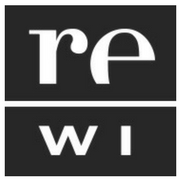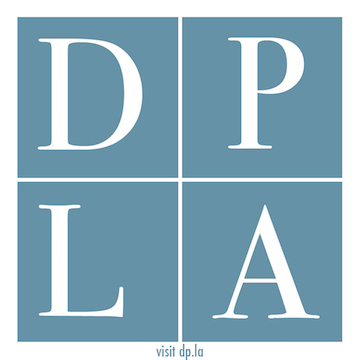
The Toolkit brings together resources for creating, managing, and sharing digital collections to address common concerns we often hear, like this one:
Our institution has a collection of materials that are related to Indigenous communities of Wisconsin. We are interested in digitizing these materials. How should we go about this?
As mentioned in the February 2020 Toolkit, knowing if you can and should digitize and share an item in your collection can always be a tricky thing to determine. Most institutions’ digitization efforts work to provide open access to collections, but when it comes to tribal materials it’s important to be aware of the associated cultural and ethical considerations related to access and use.
It is crucial to look outside the traditional westernized system of open access and collaborate with Indigenous communities to integrate Indigenous curatorial models and ways of sharing knowledge. Native nations have the right to maintain control of their knowledge and cultural materials based on their communities’ cultural protocols, and add their expertise and narratives to the public record.
Therefore, one of the most important things you can do is commit to working with and respecting the needs and desires of Native nations. Collecting institutions are intimately tied to the colonization process. While many are beginning to build meaningful and mutually beneficial relationships, they can still bear witness to a colonial legacy. Building stronger relationships with tribal communities and incorporating Indigenous knowledge will create more robust, respectful and accurate narratives.
You may wish to consider the following when working with Indigenous communities:
- Be respectful in your consultation with tribes and build trust. Building respectful relationships may take years to develop, be patient.
- Listen, have an open-mind, and strive to understand Indigenous perspectives and ways of knowing. Tribal members have a wealth of knowledge and expertise, which should be valued.
- Be equal partners, building meaningful and mutually beneficial relationships where outcomes can benefit tribal communities and institutions.
- Sustain your relationships, so your projects and partnerships can evolve and grow together.]
Here are some resources that can help:
- Christen, Kimberly. “Opening Archives: Respectful Repatriation.” The American Archivist, vol. 74, no. 1, 2011, pp. 185–210., doi:10.17723/aarc.74.1.4233nv6nv6428521
- Christen, Kimberly. “Does Information Really Want to Be Free? Indigenous Knowledge Systems and the Question of Openness.” International Journal of Communication, vol. 6, 2012, pp. 2870–2893
- Protocols for Native American Archival Materials, www2.nau.edu/libnap-p/protocols.html
- “Supporting Tribal Libraries.” American Libraries Magazine, 28 Feb. 2020, americanlibrariesmagazine.org/blogs/the-scoop/supporting-tribal-libraries-pla-2020/
See past Toolkits at https://recollectionwisconsin.org/category/toolkit



You must be logged in to post a comment.